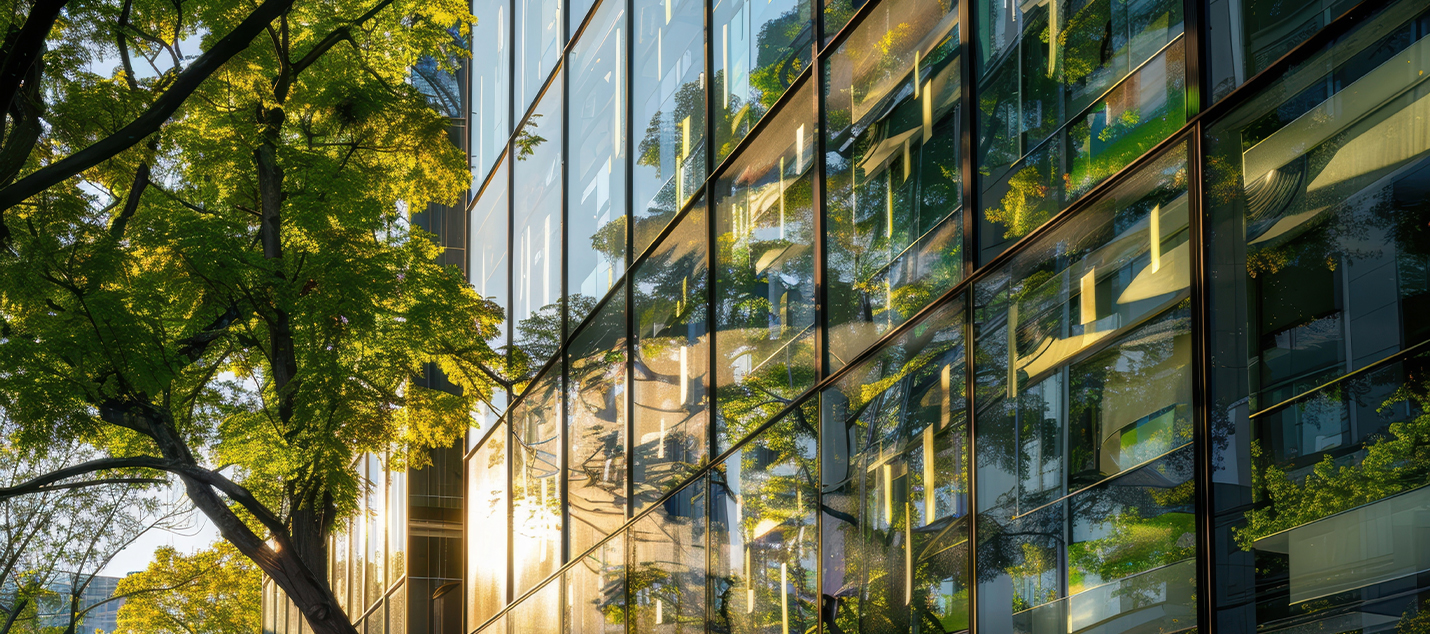
5 major cities on track for regeneration
Urban areas are in the forefront of global warming and its often-dramatic consequences. Fifteen cities around the world entered their carbon-free urban planning strategies in the “Reinventing Cities” competition organised by the C40 global network of city mayors. From San Francisco to Cape Town, we examine five of the most interesting.
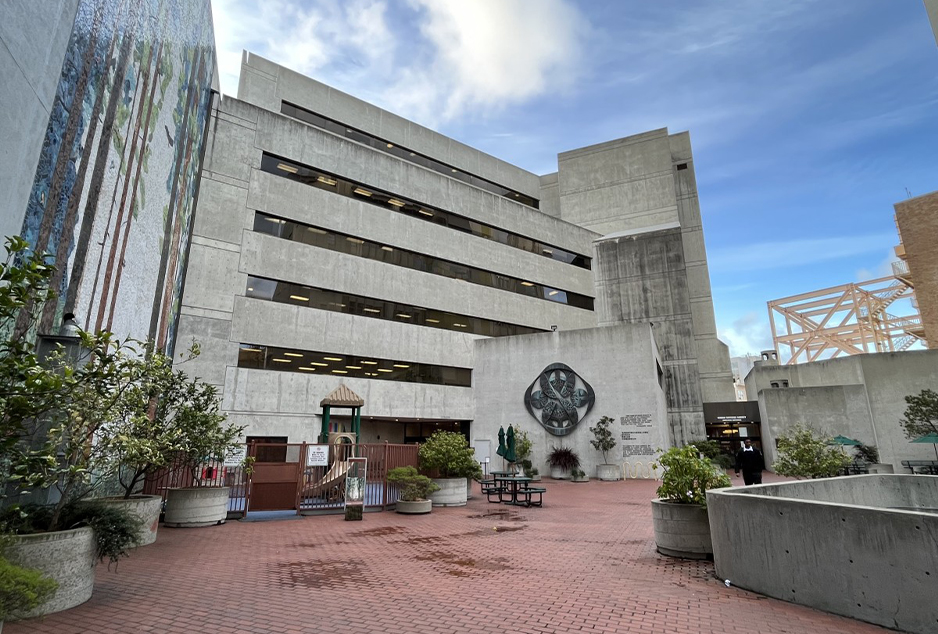
San Francisco
In San Francisco, on the West Coast of the United States, the building at 170 Otis Street is a seven-storey office block built in 1975. The city plans to redevelop this site to accommodate municipal services in a mixed-use, high-density residential building, by transforming it into a mid-rise tower, incorporating materials recovered from the existing building, zero-emissions technologies, and urban greening solutions. The city’s intention is to use the proceeds of the sale to finance the costs of relocating municipal staff and other public investments.
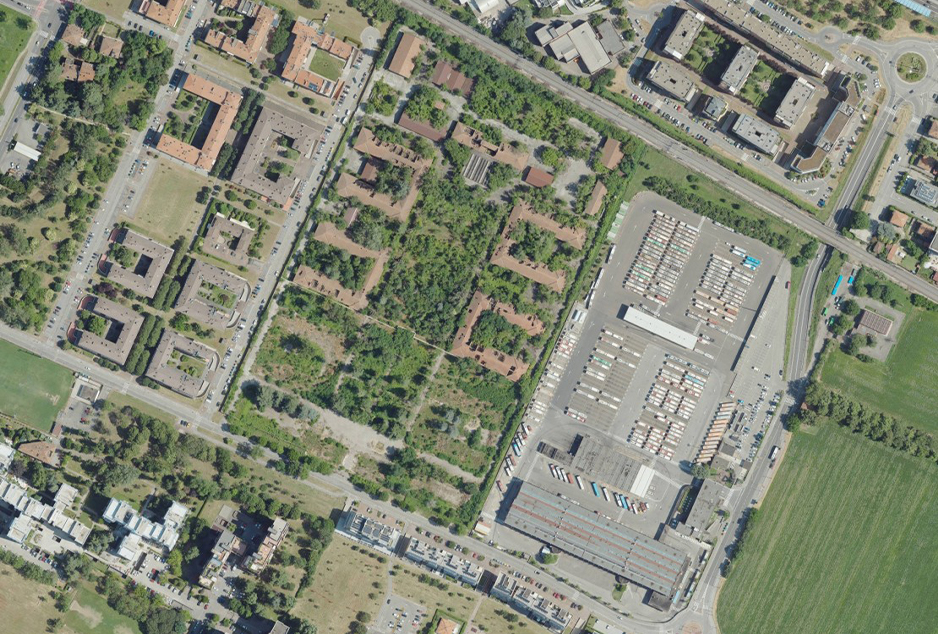
Bologna
The transformation of the former Perotti barracks, a site dating from the early 1940s and located on the outskirts of Bologna, Italy, is intended to kick-start a vast urban regeneration programme with low environmental impact and high social value. The project offers a dense network of green spaces, slow mobility routes and a wide range of public services. The new district will also include a public services office complex and student accommodation.
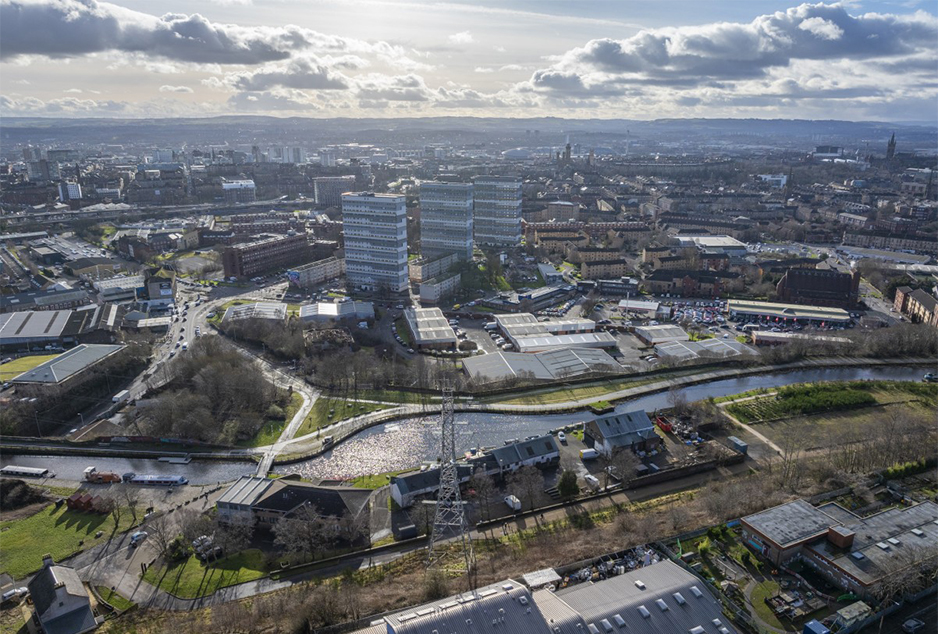
Glasgow
Applecross Wharf and Baird’s Brae are sites alongside the Glasgow Canal in Scotland (United Kingdom). The plan for these two sites is to transform existing heritage buildings to create a business and housing hub in which to live, work and relax. This sustainable mixed-use development with its active-use ground floor seeks to promote connectivity and active forms of mobility, with a focus on nature conservation and the creation of mixed community services and housing.
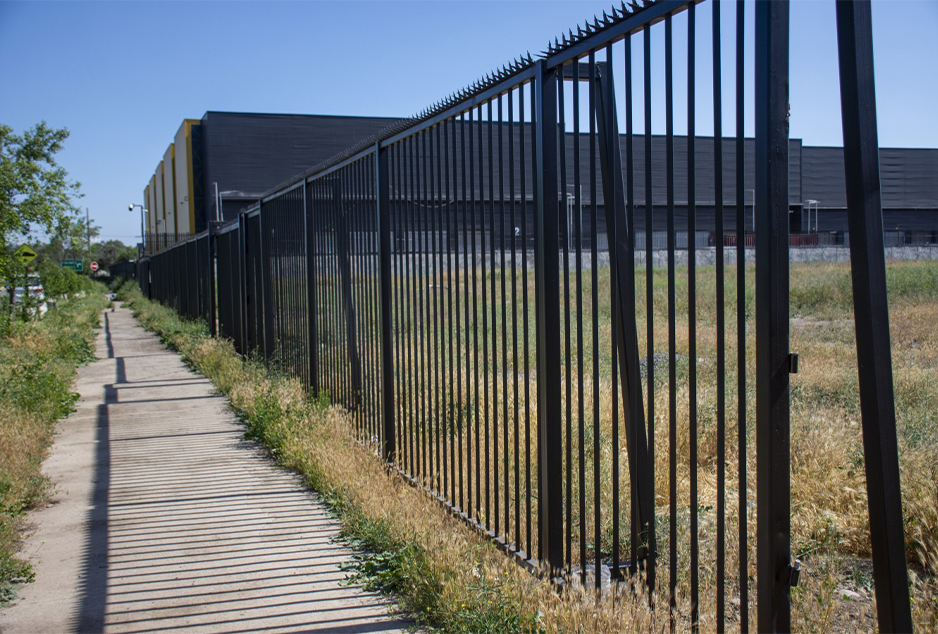
Santiago
The Campus for Innovation and Entrepreneurship (CIE) will be a 5,000 sq. metre site located in a thriving industrial and business district in the town of Renca, a suburb of Santiago, Chile. This space exclusively dedicated to promoting entrepreneurial development seeks to attract different businesses focused on the circular economy, eco-design, and the triple bottom line (profit, people, and the planet).
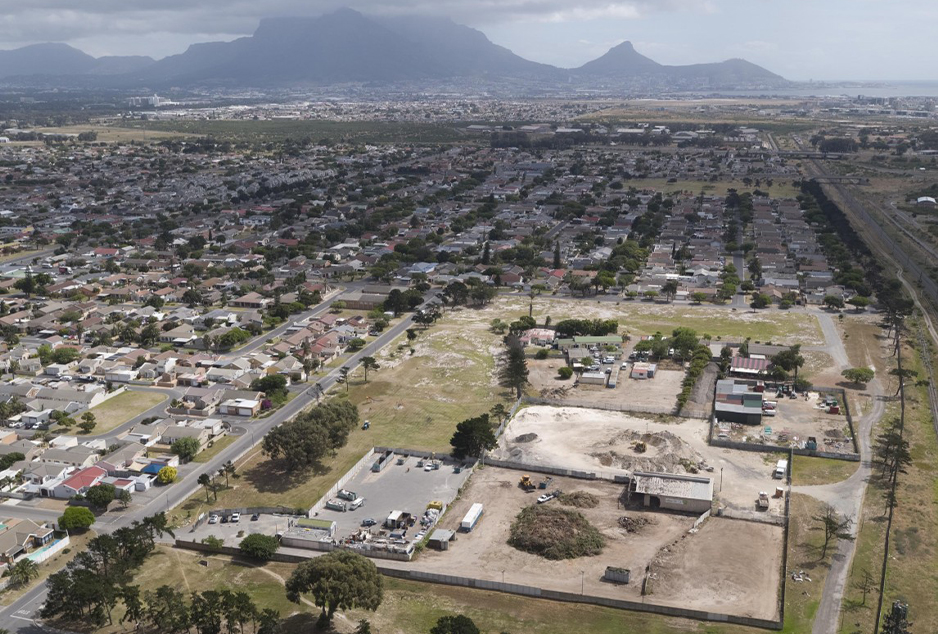
Cap Town
Located on a 7.6-hectare site beside the suburban railway station in Monte Vista, a northern suburb of Cape Town, South Africa, Tygerdal Depot previously contained municipal storage facilities, a rubbish dump in the process of closing, rainwater collection installations, and public parking. This underused site benefits from a dense local transport network and has the potential to accommodate a higher-density mixed residential development incorporating commercial services.